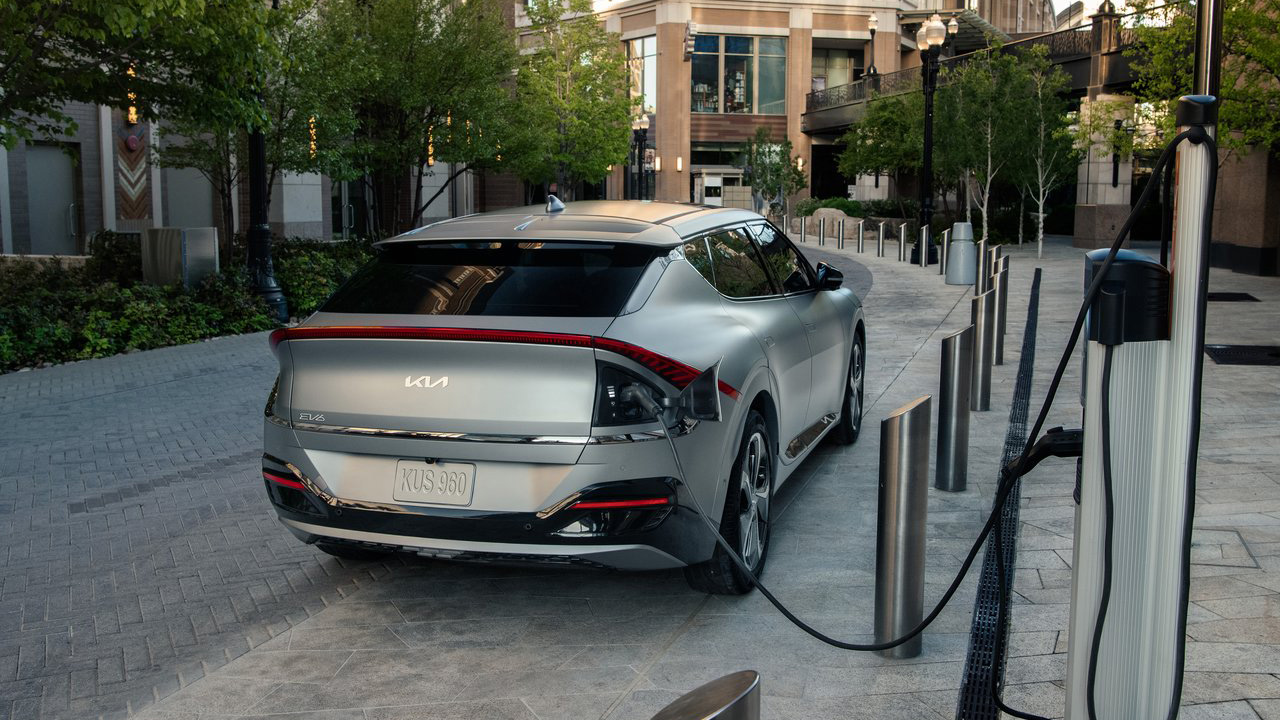The reversal came after mixed reactions and uncertainty about the state’s ability to meet these stricter environmental standards. Instead, Connecticut will continue to adhere to existing EPA regulations on vehicle emissions.
The original policy mirrored ambitions led by California's Air Resources Board (CARB), aimed at reducing air pollution through the eventual prohibition of new non-electric or non-hybrid vehicle sales after 2035. To date, California's stringent auto emission standards have been adopted by fourteen states and the District of Columbia, underscoring a growing trend in pushing automotive markets toward greener alternatives.
In Connecticut, concerns about meeting these ambitious goals were vocalized by House Speaker Matt Ritter, D-Hartford. Speaking to CTInsider, Ritter acknowledged that while the transition toward EVs and hybrid vehicles seems unavoidable, the precise timeline remains uncertain. He highlighted the difficulty using a baseball analogy: “If we can't hit the 40 mph fastball, how're we going to hit the 80 mph fastball?" This remark captured skepticism about shifting too swiftly against relaxed federal standards.
This month, Virginia similarly stepped back from adopting California's standards under the leadership of Republican Governor Glenn Youngkin. Youngkin stated, "The idea that government should tell people what kind of car they can or can’t purchase is fundamentally wrong".
Source: CTInsider

